Glaring, the ennui over Israel. The way we drag our eyes to the page, and sigh, and want to read something else. Sympathy is hard. Even anger is hard. It’s just… bleurgh.
Israel drifting away. Never mind whose fault it is; that’s a whole other point. But it’s happening. It’s off. No longer does it exist in the popular imagination as our sort of place. Once, I suppose, foes and friends alike regarded it as a North Atlantic nation, but elsewhere. Then a western European one, then, briefly, a southern European one. When was it, do you think, that Israel stopped being regarded as fundamentally a bit like Spain? Early 1990s? Then they shot Yitzhak Rabin, and Oslo didn’t happen, and it set off, perhaps via a sort of listless Greek interim, towards the Orientalish bafflingness of somewhere like Turkey.
Query the timescale, by all means. Maybe I was just slow to notice. The first time Israel gave me a true pang of intellectual foreignness was only about five years ago, and it had nothing to do with Palestinians at all. We’re on tricky ground judging Israel on how it treats Palestinians, I always think, because we don’t have Palestinians, and it’s a wildly moot point how we’d treat them if we did. For me, though, it came in a gilded Tel Aviv restaurant, and out of a conversation with a young Israeli politician. He was polished and quite big-haired, resplendent in a shiny tie, and part of that newish Knesset breed for whom politics doesn’t start and end with the IDF.
I don’t name him here, because I don’t remember his name, but we were discussing the problem of Israel’s ultra-orthodox. They’re poor, there are lots of them, they don’t do military service, and they aren’t terribly fond of anybody else. Dirty, said my interlocutor, or words to that effect. Parasites, maniacs, lunatics, leeches, scum. And I was quite taken aback. No ambitious western politician, I thought, would talk like that about anybody. Doubtless some would think it, but ours is at the very least a world in which such things would never be said. This was another world altogether.
I make no moral case here. I make no comparison between Israeli actions, Palestinian actions, Egyptian actions, Iranian actions, Russian actions, or the actions of anybody else. If I did, obviously, Israel would come out well. It’s definitely a democracy, after all, and while the rule of law might not always quite hold, it’s definitely there, in every conversation, demanding that it damn well ought to. Like I said, from the comfort of over here we can’t possibly know how we’d cope with rockets, kidnappings and neighbours preaching annihilation. Pretty badly, I suspect.
The point is, we don’t cope and they do. And you can’t be at war for more than half a century and not be shaped by it. You can’t be harried, critiqued, loathed, disowned, fêted by madmen, disowned again, censured, boycotted, indulged, slammed, cajoled and all the rest without it having an effect. So when the voices of the liberal West — which Israel cares about, whatever it says, because Israel remains at heart a liberal nation — calls this a country of butchers, murders and baby-killers, what do you think it does? Does it make Israelis desirous of avoiding such condemnation in the future? Or does it leave them slightly thinking that if they are to be equated with the true monsters of the world whatever they do, they might as well deserve it? Ask yourself, what would it do to you?
I do not much like what Israel has become, and I like less what it often looks like becoming. Or, if the comparisons are now obligatory, and I fear they are, then let us just say that I like it far more than Syria, China, Zimbabwe and plenty of other countries, but less than I do north London. In any sane analysis, nonetheless, it’s still a place far more like the latter, and all the more remarkable for that. Long may we remember it. And long may they remember it, too.
Escape kit
If you want a laugh, and I suspect you do, take a look at the Team Scotland parade uniform for the 2014 Glasgow Commonwealth Games. It’s awful. A kilt that looks like a picnic blanket (note to English: not all kilts look like picnic blankets) and a lurid blue shirt that looks like a headache waiting to happen. It’s an astonishing colour, at once mottled and shiny, like an old Magic Eye drawing. If you stare at it for long enough, and allow your eyes to go funny, you can totally make out exactly why you don’t live in Glasgow.
Scotland being Scotland, and this being now, all of this stuff matters hugely. Poor Salmond must be furious. I mean, he’s not going to go and pose for a group photo with that lot, is he? It would be a disaster. He’d look like a slug atop a cupcake. Although, in fairness, the other side can’t do much with this either. You look at these poor athletes trussed up like fools, and you don’t exactly think ‘Better Together’. More ‘Better In The Altogether’.
Got something to add? Join the discussion and comment below.
Get 10 issues for just $10
Subscribe to The Spectator Australia today for the next 10 magazine issues, plus full online access, for just $10.


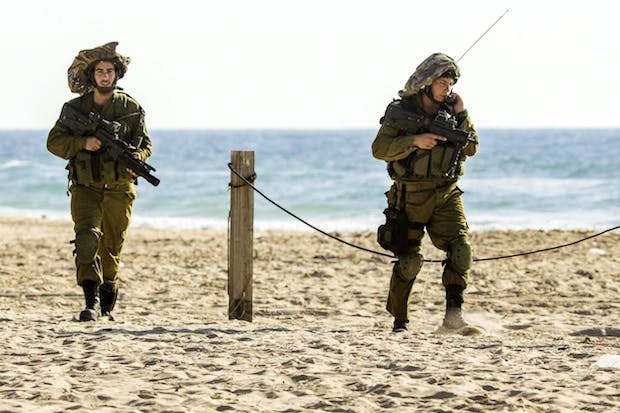
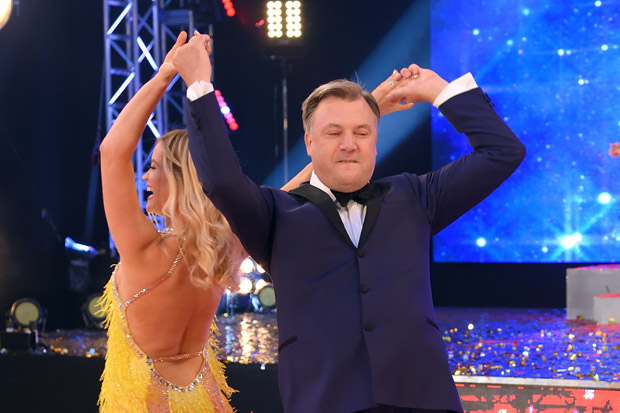
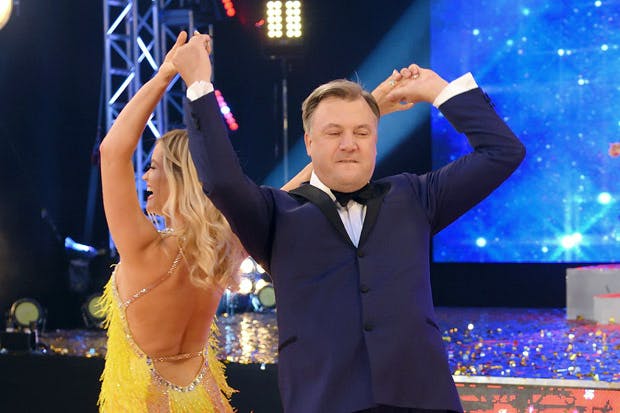
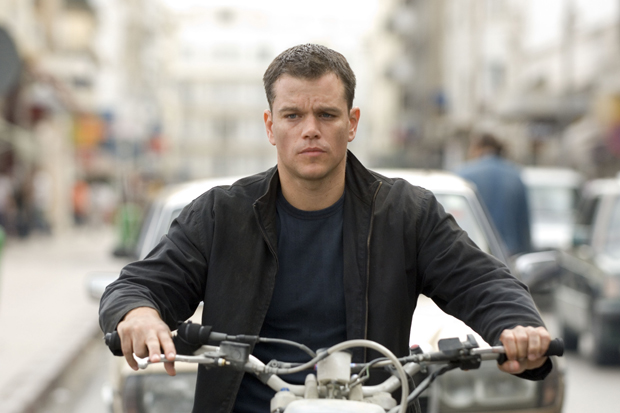


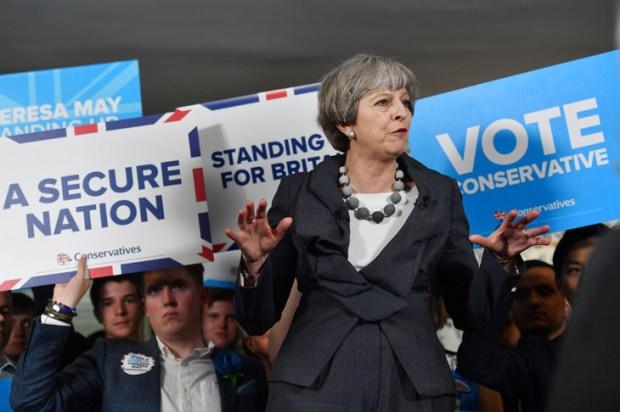






Comments
Don't miss out
Join the conversation with other Spectator Australia readers. Subscribe to leave a comment.
SUBSCRIBEAlready a subscriber? Log in